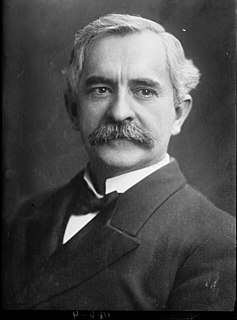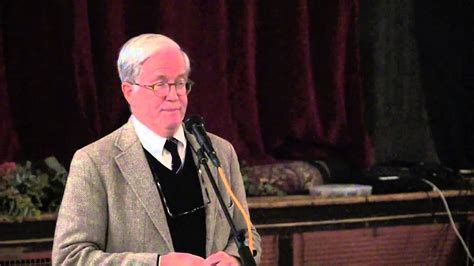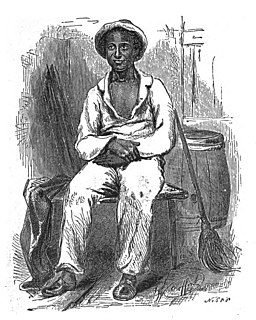A Quote by George Q. Morris
The principle question before us is not, do we comprehend the atonement, but, do we accept it.
Related Quotes
Thus, the enabling and strengthening aspect of the Atonement helps us to see and to do and to become good in ways that we could never recognize or accomplish with our limited moral capacity. I testify and witness that the enabling power of the Savior's Atonement is real. Without that strengthening power of the Atonement, I could not stand before you this morning.
The atonement, or forgiveness of sin once and for all achieved on the cross, weighs in, and heavily. But the atonement is confirmed, ratified, sealed, and made enduringly good by virtue of Christ's rising from death. Our justification hinges on a risen life, present in us now because Christ is present with us now.
What you present as the gospel will determine what you present as discipleship. If you present as the gospel what is essentially a theory of the atonement, and you say, 'If you accept this theory of the atonement, your sins are forgiven, and when you die you will be received into heaven,' there is no basis for discipleship.
What you present as the gospel will determine what you present as discipleship. If you present as the gospel what is essentially a theory of the atonement, and you say, If you accept this theory of the atonement, your sins are forgiven, and when you die you will be received into heaven, there is no basis for discipleship.
The Atonement of Jesus Christ and the healing it offers do much more than provide the opportunity for repentance from sins. The Atonement also gives us the strength to endure "pains and afflictions and temptations of every kind," because our Savior also took upon Him "the pains and the sicknesses of his people" (Alma 7:11). Brothers and sisters, if your faith and prayers and the power of the priesthood do not heal you from an affliction, the power of the Atonement will surely give you the strength to bear the burden.
The discussion of the sexual problem is only a somewhat crude prelude to a far deeper question, and that is the question of the psychological relationship between the sexes. In comparison with this the other pales into insignificance, and with it we enter the real domain of woman. Woman's psychology is founded on the principle of Eros, the great binder and loosener, whereas from ancient times the ruling principle ascribed to man is Logos.






























